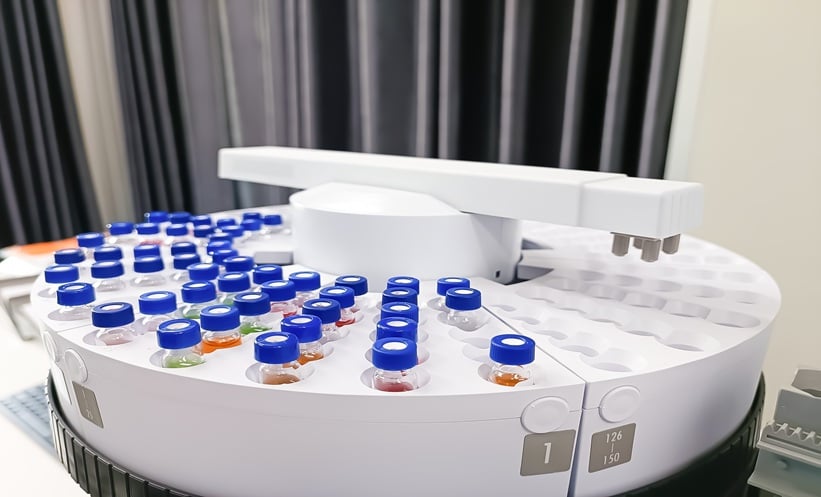DRUG repurposing in oncology may accelerate immunotherapy by reusing familiar agents to reshape antitumor immunity.
Drug Repurposing in Oncology to Enhance Immune Checkpoint Inhibitors
The authors describe drug repurposing in oncology as a pragmatic response to rising global cancer incidence and mortality, focusing on molecules with established safety data. Rather than starting from first principles, this strategy examines how existing agents can modulate the tumor microenvironment, enhance T cell activation, and overcome resistance to immune checkpoint inhibitors. By layering these familiar treatments onto current immuno-oncology regimens, clinicians may be able to improve clinical responses while shortening the path from discovery to practice.
Several classes of repurposed drugs show particular promise when combined with immune checkpoint inhibitors. RANKL inhibitors can amplify immune cell responses within the tumor microenvironment. TGF beta inhibitors may facilitate deeper T cell infiltration into solid tumors. Metformin, long used in metabolic disease, appears capable of activating cytotoxic T lymphocytes. Additional agents, including GM CSF and thymosin alpha 1, have been associated with enhanced dendritic cell maturation and broader antitumor immunity. Aspirin may also support immune checkpoint blockade by disrupting the tumor driven immunologic milieu.
Navigating Risks, Regulation, and Future Directions
The review emphasizes that drug repurposing in oncology is not without challenges. Optimal dosing strategies remain uncertain, particularly when combining multiple immune active agents with immune checkpoint inhibitors. Off target effects must be carefully monitored, especially in patients with complex comorbidities or prior exposure to these medications for non-cancer indications. Regulatory pathways can be intricate when familiar drugs are used in new oncologic settings, which may slow translation from promising trial data to routine care.
Looking ahead, the authors highlight opportunities for personalized medicine and artificial intelligence to refine drug repurposing strategies. Data driven approaches may help match repurposed agents to specific tumor profiles, immune signatures, or resistance mechanisms. The review concludes that close collaboration between academic researchers, industry partners, and regulatory bodies will be essential to realize the full therapeutic potential of drug repurposing in oncology and improve outcomes for patients receiving immune checkpoint inhibitors.
Reference: Rahaman S et al. Drug Repurposing in Oncology: A Strategic Pathway to Unlocking New Therapeutic Potential. Ther Innov Regul Sci. 2025;doi:10.1007/s43441-025-00895-8.








